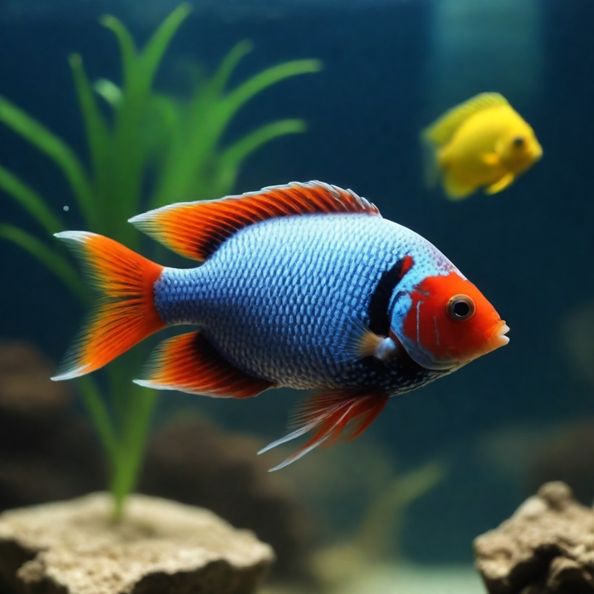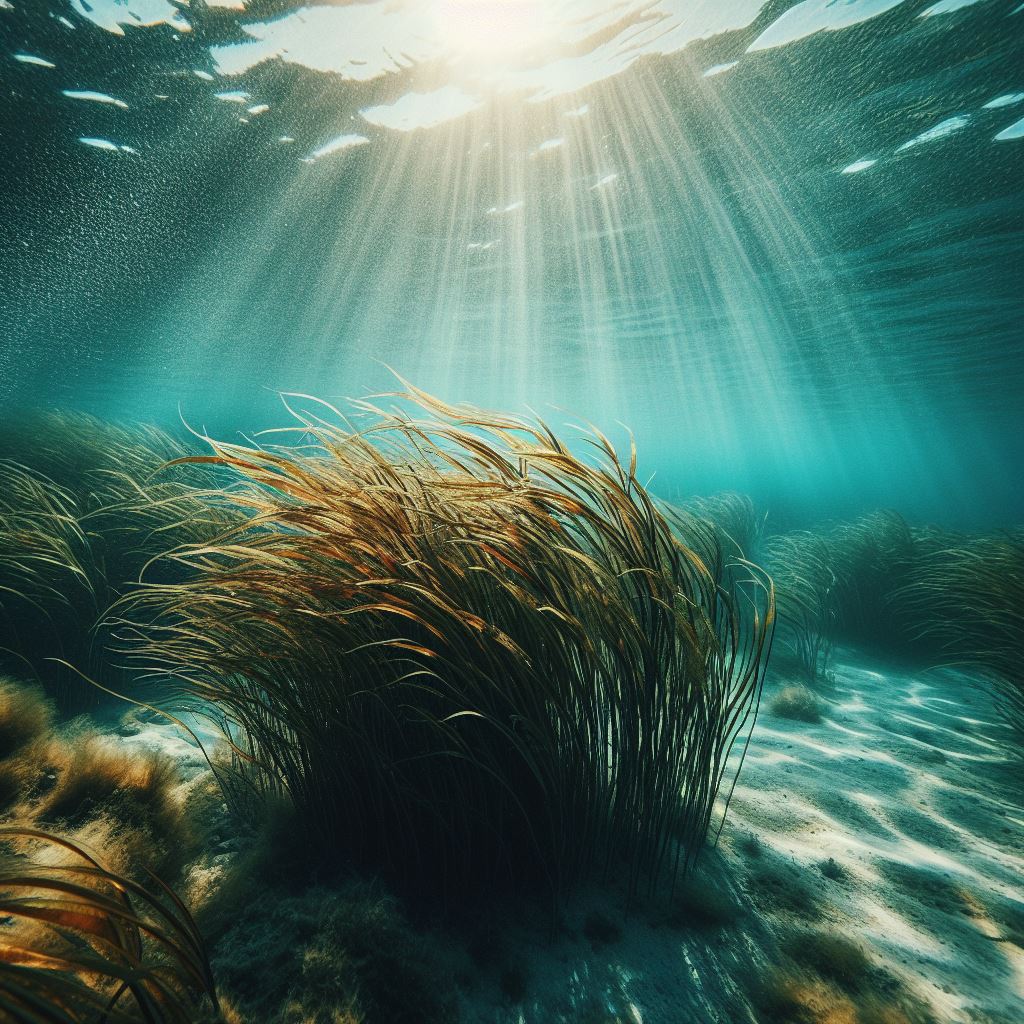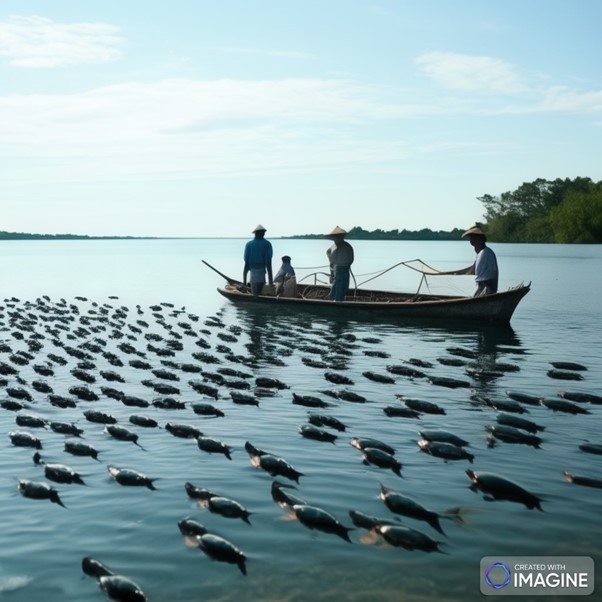Antibiotics Usage in Aquaculture
Article By: Farah Izana Abdullah
Antibiotics usage in aquaculture involves the administration of antimicrobial substances to aquatic organisms for the purpose of preventing, controlling, or treating bacterial infections. While antibiotics can be effective tools in managing disease outbreaks, their usage has raised concerns related to antibiotic resistance, environmental impact, and food safety. Here's an overview of the key points related to antibiotics usage in aquaculture:
- **Disease Management**: Antibiotics are used in aquaculture to manage bacterial infections in fish and shellfish. In intensive farming systems, where large numbers of aquatic organisms are kept in close quarters, disease outbreaks can spread rapidly. Antibiotics can help control and prevent the spread of these infections.
- **Preventive Use**: Antibiotics are sometimes used preventively, especially during critical periods when aquatic organisms are more susceptible to infections due to stressors such as handling, transportation, or changes in environmental conditions.
- **Treatment**: When disease outbreaks occur, antibiotics are often used to treat infected individuals. Early diagnosis and targeted treatment can minimize losses and prevent the further spread of diseases.
- **Challenges and Concerns**:
- **Antibiotic Resistance**: One of the primary concerns of antibiotic usage in aquaculture is the potential development of antibiotic-resistant bacteria. Overuse or improper use of antibiotics can lead to the selection of resistant strains of bacteria, which can pose risks to human health and make infections harder to treat.
- **Environmental Impact**: Antibiotics used in aquaculture can enter aquatic ecosystems through discharge from farms. This can lead to the development of antibiotic-resistant bacteria in the environment and impact non-target organisms.
- **Food Safety**: Residues of antibiotics can remain in the edible parts of cultured organisms. Ensuring that withdrawal periods are followed and antibiotic residues are within acceptable limits is crucial to maintaining the safety of aquaculture products for human consumption.
- **Regulations and Guidelines**: Many countries have regulations and guidelines in place to manage antibiotics usage in aquaculture. These regulations often include approved antibiotics, maximum residue limits, withdrawal periods, and proper administration practices.
- **Alternatives**: To reduce reliance on antibiotics, alternative disease management strategies are being explored. These include:
- **Probiotics and Prebiotics**: Beneficial microorganisms that can enhance gut health and compete with harmful bacteria.
- **Vaccination**: Developing vaccines against specific aquatic pathogens.
- **Health Management**: Improving overall health and stress management to reduce susceptibility to infections.
- **Biosecurity Measures**: Implementing measures to prevent disease introduction and spread.
- **Responsible Use**: Practicing responsible antibiotics use in aquaculture is crucial to minimizing the negative impacts associated with their usage. This includes using antibiotics only when necessary, adhering to recommended dosages and withdrawal periods, and incorporating strategies to reduce the development of antibiotic-resistant bacteria.
In conclusion, antibiotics are a valuable tool in managing disease outbreaks in aquaculture, but their usage should be carefully managed to mitigate potential risks. Responsible and sustainable practices, along with research into alternative disease management strategies, are essential to ensure the long-term health and viability of the aquaculture industry.
Date of Input: 17/08/2023 | Updated: 07/09/2023 | s_humaira
MEDIA SHARING




























